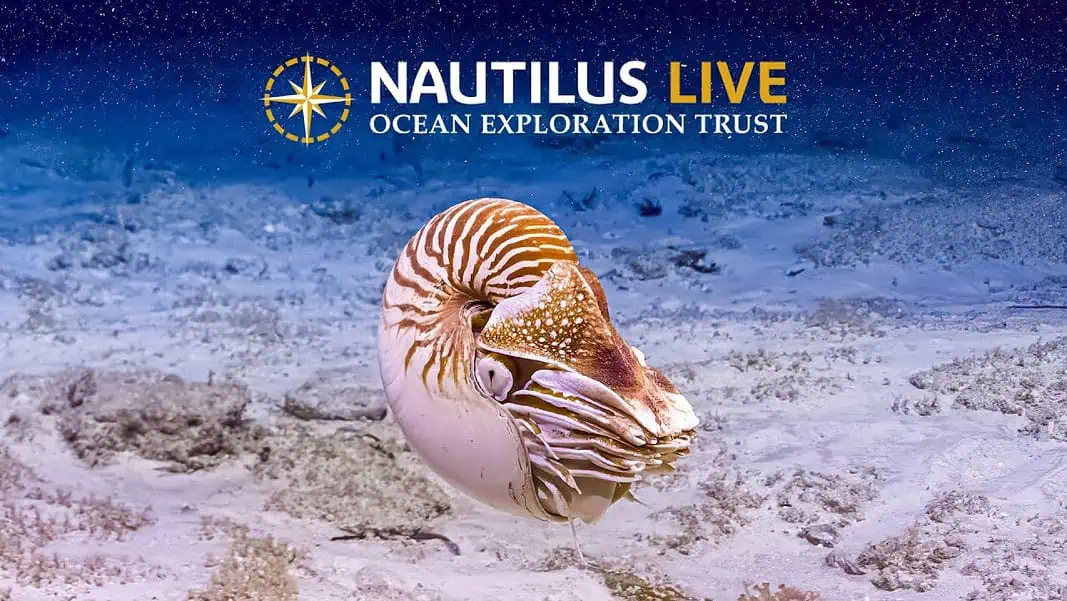The Ocean Exploration Trust has announced that its 2025 expedition season will kick off on May 7, 2025.
The trust will participate in five expeditions this summer and survey unexplored areas in the Western Pacific Ocean.
This year, as usual, the expeditions will take place aboard E/V Nautilus, and will explore areas of the Mariana Islands, the Republic of the Marshall Islands, the Solomon Islands and more.
The 2025 expedition season is as follows:
- Mariana Arc Volcanic Exploration – May 7 – 29, 2025
- Exploring Mud Volcanoes and the Mariana Trench – June 2 – 28, 2025
- Maritime Archaeology of Guadalcanal: Iron Bottom Sound – July 2- 23, 2025
- Deep-Sea Habitats of the Marshall Islands – July 27 – Aug 17, 2025
- Mapping Around Wake Atoll – August 20 – September 11, 2025
Commenting on this year’s expedition, Ocean Exploration Trust COO Allison Fundis stated:
“Ocean Exploration Trust is grateful to collaborate with NOAA’s OECI and its federal, public, and private partners within the broader ocean science community. OECI’s mission to map and characterize our vast ocean territory, develop new technologies, and inspire the next generation of ocean scientists and engineers is one we are proud to be a part of.”
While Ocean Exploration Trust Chief Scientist Daniel Wagner added:
“With the vast majority of our ocean remaining completely unexplored, we need to be strategic in terms of where to focus our exploration efforts to have the biggest impact in terms of making new discoveries, as well as advancing science and resource management priorities. Over the last year, we have been working with numerous scientists, resource managers, educators, and other stakeholders to co-develop expedition plans that address priority needs.”
NOAA Ocean Exploration Cooperative Institute Program Manager Dr. Aurora Elmore added:
“NOAA Ocean Exploration is looking forward to another season of exploration in the Pacific Ocean with our partners at OECI and OET. With the new and emerging technologies that will be used this year, we are excited to fill gaps in basic understanding of the deep-ocean environment, from learning more about previously unseen geological features and creatures to advancing the science that underpins resource management.”

